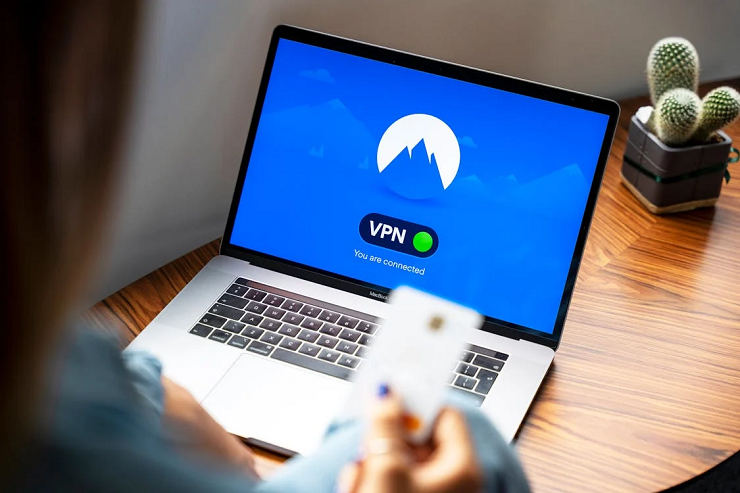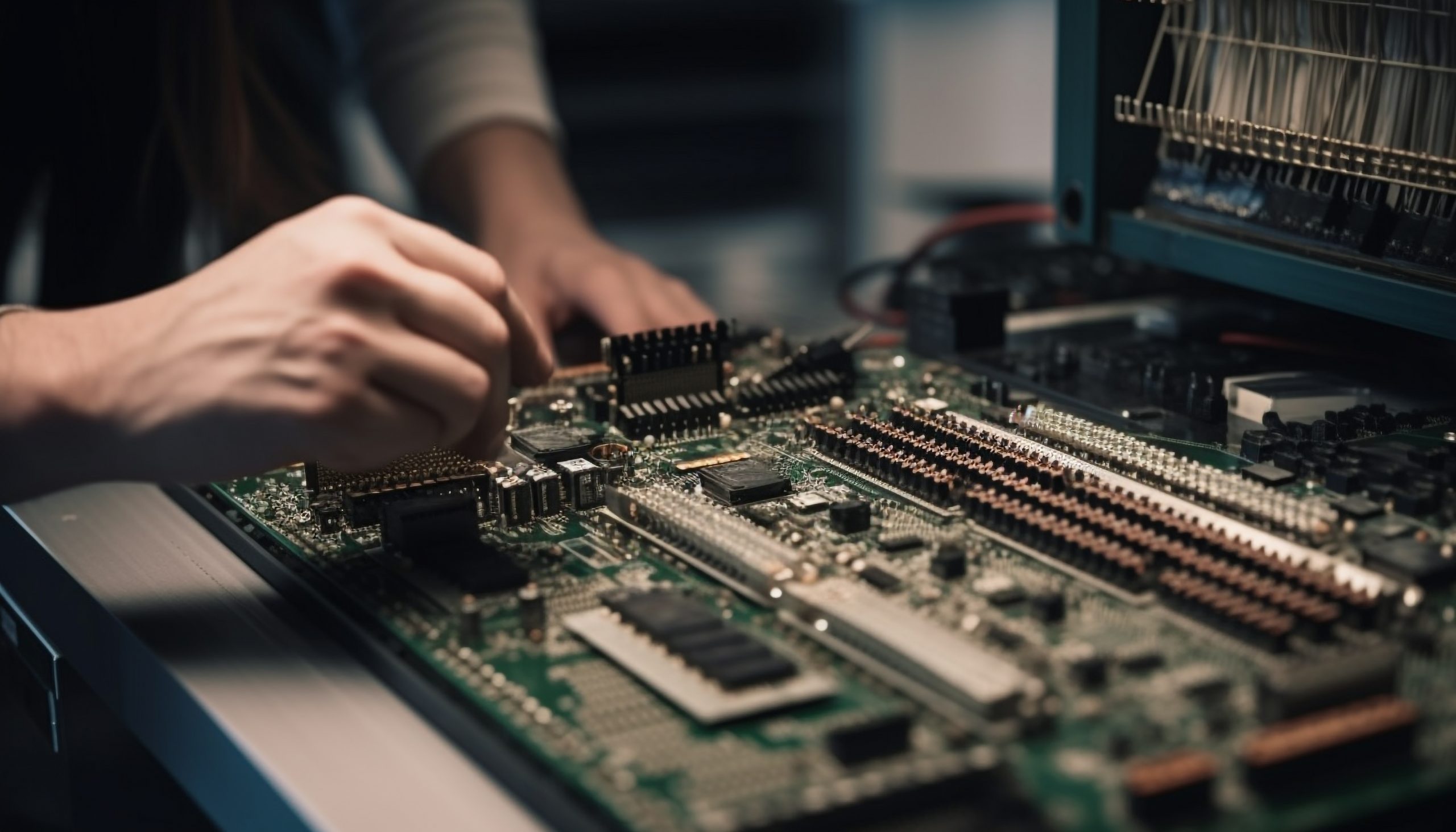

People are often fearful of technology and its capabilities. As more and more smart devices start surrounding people everywhere they go, even in their own homes, the concern as to whether or not these devices are spying on you are real to many people. But are these devices really spying on you? If they are, is there anything that you can do about this? This article will take a closer look at the connected world that we are currently living in as well as what we should be concerned about, if anything.
Smart devices are hugely popular in homes as a result of how easy they make life. You can have your lights turn on and off just by using your voice or an app on your smartphone. You can adjust your heat even when you’re not home. You can even get an inventory of what’s in your fridge from your refrigerator. Living in a connected world has made life easier for us. This convenient is why people are looking to all of the ways that they can make their homes even smarter.
These smart devices are only getting smarter, which is why people are becoming increasingly concerned about these devices being everywhere. Living in a connected world, you have IoT devices that are always connected to the internet, which gives an opportunity for hackers and even the devices themselves to spy on you.
So, are these devices really spying on us? It turns out, there may be a cause for concern when it comes to your smart devices. Popular smart home devices like the Google Home or Amazon Alexa actually have security gaps that you may not be aware of, which can allow hackers to access sensitive data about you.
You also have to be concerned about your personal data. But the problem is that in many cases you allow these devices to collect your data because you didn’t look closely enough at your privacy policies on these devices. These devices may not be necessarily recording you when you’re not talking to them, but they are collecting data about your habits.
For instance, when you use a smart light, it knows when you typically turn the lights on. Your smart home assistant knows that you always ask for the weather in the morning. Your smart thermostat keeps track of when you turn the heat on and off and starts working on its own based on your patterns.
These devices can gather as much information for their own purposes as they want to because you blanket accepted all of the terms of the Terms of Service and Privacy Policy.
If all of this is concerning to you, you have every right to be concerned. From these devices just listening to you or the fact that hackers can easily exploit these systems, you are rightfully concerned about your data. The good news is that there are things that you can do to help protect your data from these smart devices. In this section, you can learn about 3 ways to protect your data from your smart home devices.
Google and Amazon both argue that if you give the individual too much control over their privacy, you are preventing them from making their services even better. What you might not know is that these devices do record you when you talk to them or they are triggered by your woke word. The goal of this is to improve speech recognition and help them better serve you in the future.
You can stop these devices from recording you and delete any recordings that these devices may have. If you have an Alexa, you can either go through the Alexa app or visit the Alexa Privacy Settings page on Amazon.com to both review and delete any recordings that it may have. You can prevent future recordings by having this program to automatically delete any recordings that it makes and choose to not allow your voice recordings to be used to make improvements in product development.
Security cameras can be particularly easy for people to access your data from if you’re not careful. This is why it can be important to make sure that you choose the right security camera option. Some cameras are easier to access information on than others. For example, the Google Nest video may encrypt the data while it’s in transit, but it’s not encrypted on the cloud servers where this information is stored. What this means is that Google employees can easily access this information. When choosing a security camera for your home, make sure you select an option that ranks high in privacy.
Smart TVs connect to the internet to access all of your favorite streaming services. The issue is that they can also submit this information to marketers, who buy this information from the smart TV company. While some people don’t mind this exchange, especially if you’ve received some form of compensation for your information, but you may not want to share this information.
The good news is that these smart television devices do allow you to turn off this data collection. By using settings like turning off “Viewing Data” or other similar features that collect information, you can keep your data private.
While smart home devices have made things easier and more convenient, some people don’t like the idea of selling their data for convenience. Having your data easy to access not only by these companies that you trust but also potential hackers trying to steal your sensitive data, can make people hesitant to trust smart devices in their home. Fortunately, there are things that you can do that can help keep your data private while still enjoying the conveniences that these apps have to offer.

I’m a Nerd and very proud of it! I love to write about anything Tech related. Subscribe to our blog for helpful tips, tricks & news.




